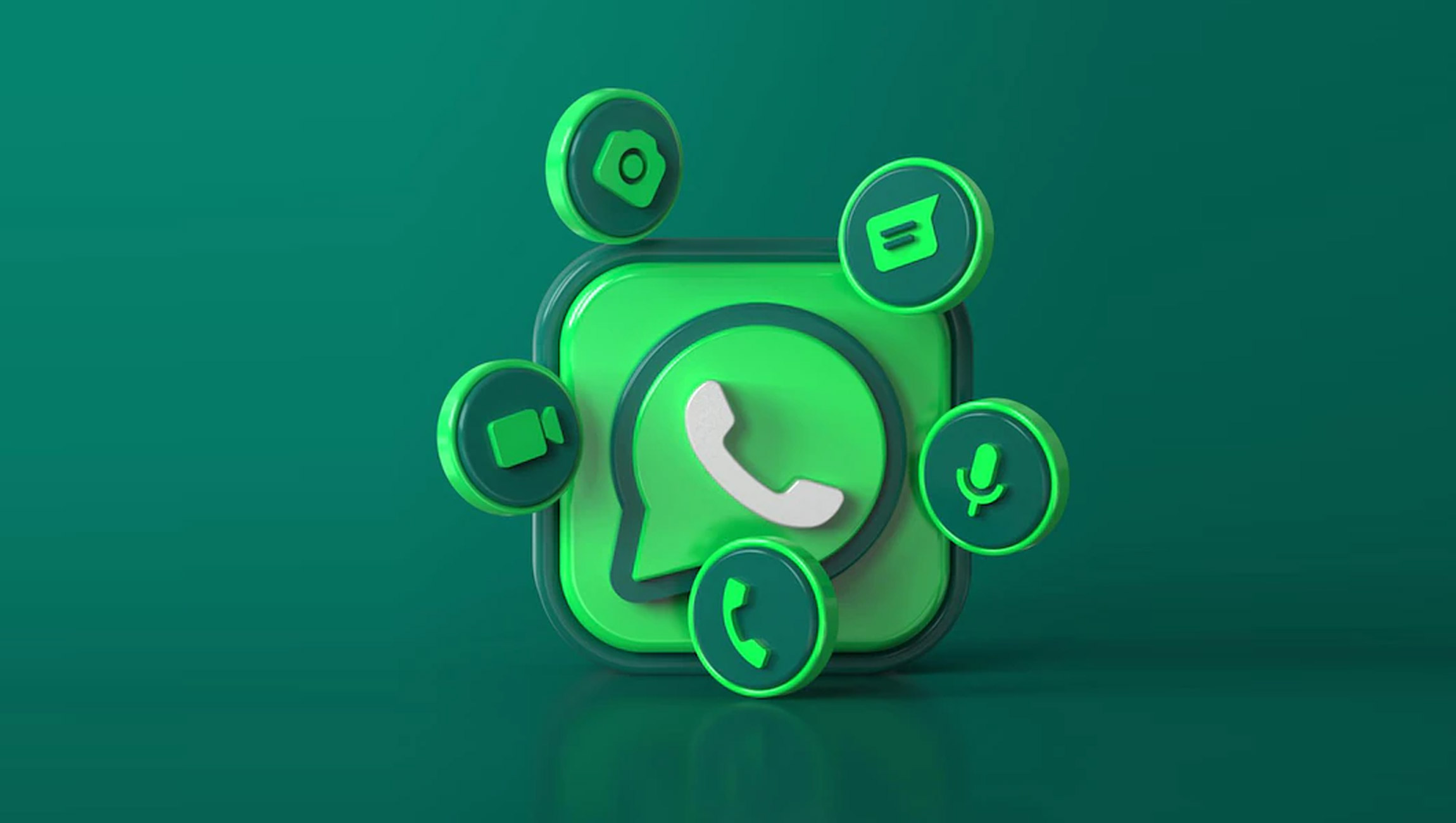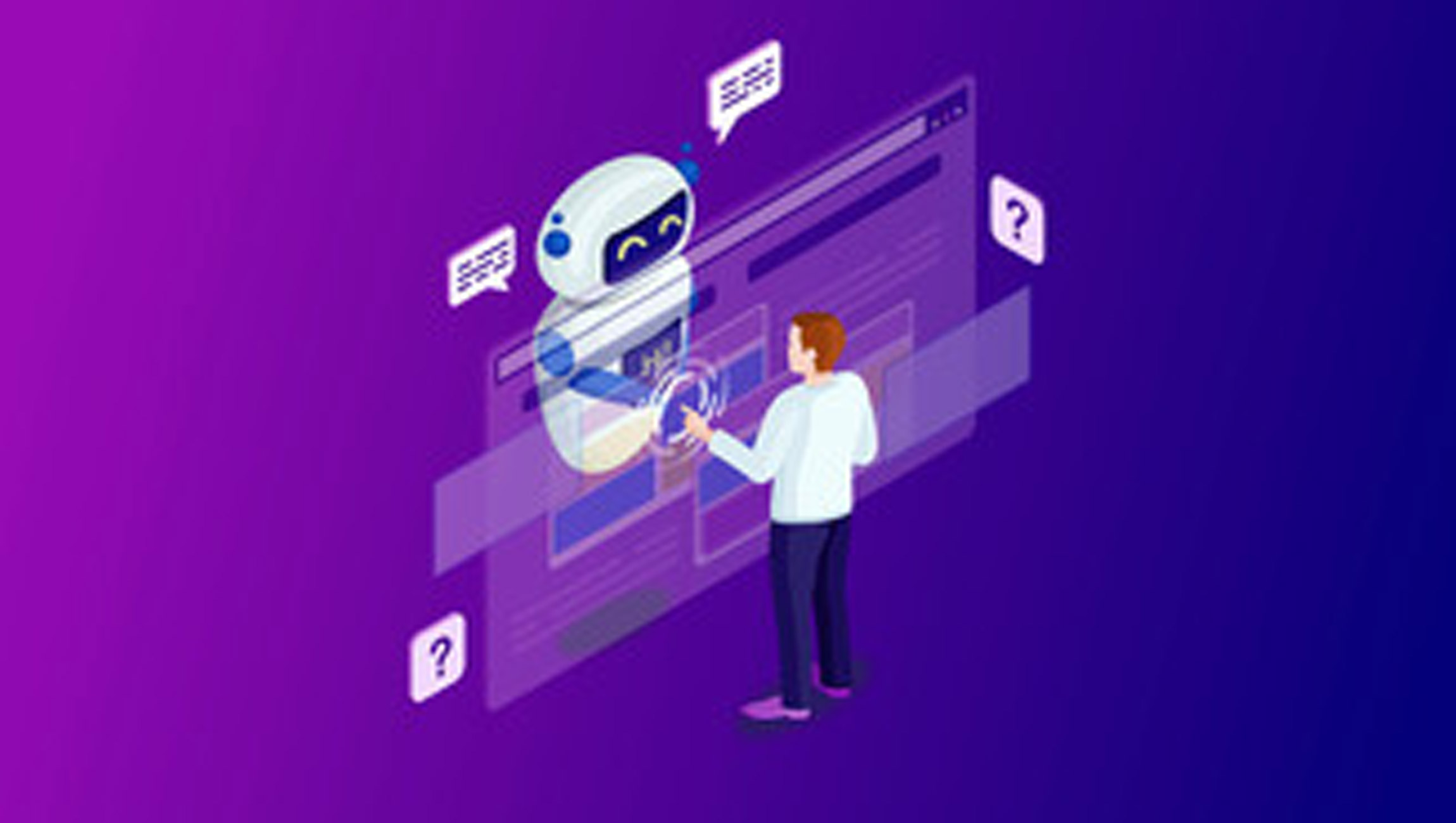In a digital-first working and marketing environment, it’s sometimes crucial to ask: how can brands safeguard themselves when a significant channel or platform that they use often suffers a massive outage?
Despite the world economy thriving through digital means and despite the fact that most modern-day marketers use a multi-channel approach to drive their goals: not many brands and teams are prepared for outages or platform and channel disruptions as well as they should be.
On the morning of 25-October-2022, Meta’s WhatsApp reported disruptions among a significant portion of their Indian user base with people claiming that both, personal and group chat functionalities had been impacted. Users were unable to send nor receive messages for a couple of hours and the disruption was widespread among users across key Indian metros like Mumbai/Delhi/Lucknow as well.
According to online sources and down detector systems, several users from other countries were experiencing similar disruptions as well. A spokesperson on behalf of Meta – WhatsApp’s holding company said that the company was working on restoring the instant chat functionalities and message service as complaints started pouring in.
Although the platform’s core functions seemed to kick in a few hours later, the fact remains: for brands and marketers who rely on certain channels such as these to drive certain aspects of their outreach and core campaigns: it is important to plan future initiatives keeping room for this in mind.
Here are a few lessons from the recent WhatsApp Outage that Brands and Marketers Should Retain as Takeaways
1. In A Digital-First World, Multichannel Is Always A Safer Bet
Platforms like LinkedIn have suffered outages in the past, some of the world’s top networks or even SaaS tools have suffered outages and downtime of some kind or the other at some point. All of these platforms and tools, at the end of the day, are manned by some human elements even if a large part of it is handled through automation.
Although brands and marketers today need to work in a digital first environment, what they have to keep in mind is that a multichannel presence and approach is more crucial in this digital-first ecosystem.
A multichannel approach does not just mean that marketers and brands need to simply stay active on different channels. The recent WhatsApp outage is especially a calling for teams who rely on a certain channel to communicate with prospects and customers with a warning that it is just as crucial to remain active and keep conversations going with the same list of people via other mediums – email / social channels / SMS / others.
This demands that brand marketers have the relevant contact information for their prospect and customer list to be able to keep these same conversations ongoing across other platforms when needed.
Marketing Technology News: Zirkels Announces Web3 Viral Engine For Content Creators
2. Back-up Plans Always Come Handy
Instagram influencers, for instance, do suffer actual monetary losses if they have a paid campaign or post that needs to run on a particular day during which the app or platform itself goes down. This has happened in the past, not just with Instagram but with most prominent network applications.
For brands who have a dedicated campaign planned for a particular channel that needs to run on a particular date: should the platform of choice suffer an outage on that date, the onus lies on the marketing and brand leaders to reduce the losses from this and keep it to a minimum.
The recent 25-October WhatsApp outage that affected users across India happened a day after one of the nation’s biggest festivals: Diwali.
B2C brands who commonly use WhatsApp to drive customer interest and even online purchases through festive offers can in these times be impacted with a downtime. This is where the need to ensure that having a prospect’s and customer’s phone/email/ other social contact info is important so that brands can quickly pivot and make up for it should the need arise.
3. A Good Mix of Online/Offline Marketing
The need for deeper effectiveness across brand digital marketing initiatives came about more with the spread of the Covid-19 pandemic and its associated lockdowns, while the weight and prominence on digital marketing has already been increasing over the years, the last few years accelerated its need and demand.
As economies started opening up since 2021 and as global brands adjusted to a post-Covid-19 ecosystem, it is important to understand how the shift has now led to the need to boast of a more balance online-offline presence that enables marketers and end users to boost brand consistency and growth retaining the importance of both categories.
A healthy brand today is one that can boast of a strong online presence and drive online sales while also ensuring a fair amount of footfalls and physical purchases through its retail outlets.
4. Your Customers Won’t Care if You Can’t Reach Them
If brands and marketers can’t use a particular system or platform to reach out to their audience base on a particular day, it’s the brand that suffers, not the customer.
As long as customer’s have access to a strong 24/7 customer support system, they won’t really care if a brand they regularly interact with can or cannot reach them. It’s a one-way journey here where a marketer or brand itself has to prepare for these kind of circumstances and downtimes.
When building out brand experience and planning the channels to-be used for certain kinds of campaigns, recent outages should serve as a learning point to give brands and online marketers or sales people the insight they need into which platforms to give priority to and which ones can serve as an alternate to another should one of them face a downtime without prior warning.
Marketing Technology News: MarTech Interview With Rémy Claret, CMO and Co-founder at Odaseva











